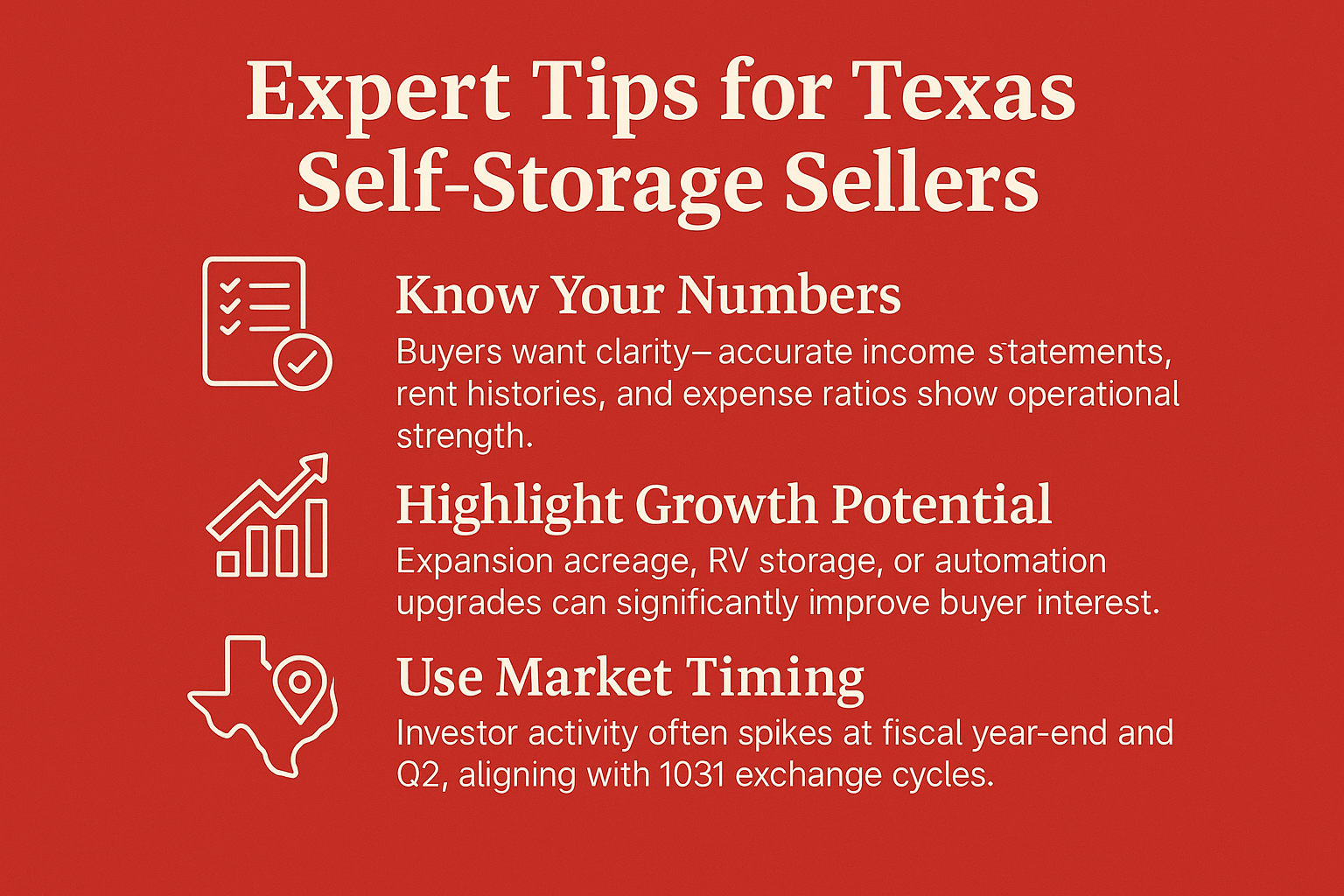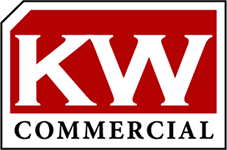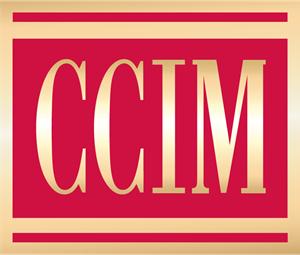
How to Sell Your Self-Storage Property in Texas
boehm / November 12, 2025
Selling a self-storage property in Texas requires preparation, accurate valuation, and a clear strategy. Whether you’re considering retirement, portfolio repositioning, or taking advantage of strong investor demand, understanding how to sell your self-storage property in Texas can significantly increase your return. This guide gives Texas owners a straightforward, practical roadmap for a confident and profitable sale.
1. Understand What Your Property Is Really Worth
Most owners underestimate their facility’s value by relying on outdated comps or tax assessments.
What Buyers Look At
Net Operating Income (NOI)
Occupancy and rent trends
Unit mix and market rent positioning
Operational efficiency and automation
Building condition and security systems
Expansion potential
Local growth and demand
Why it matters: Investors pay for income and upside. Knowing your accurate value helps you price competitively without leaving money on the table.

2. Prepare Your Financials Before Listing
Clear, organized financials create trust and make you more attractive to serious buyers.
Essential Documents
T12 income & expense statement
Rent roll + occupancy history
Unit mix + current rate sheet
Maintenance and vendor records
Tax, utility, and insurance information
Tip: Clean financials often lead to stronger offers and smoother negotiations.
3. Present a Property That’s “Buyer Ready”
A well-prepared facility makes a meaningful difference in perceived value.
Before Listing, Review:
Rent levels vs local competitors
Deferred maintenance
Gate systems, cameras, lighting, signage
Clean drive aisles and exterior presentation
Clear documentation of all revenue streams
Even small improvements can positively influence buyer confidence and pricing.
4. Choose Representation That Understands Self-Storage
Your broker’s expertise directly impacts your outcome.
Why It Matters
Self-storage is a specialized asset class. Pricing, underwriting, buyer qualification, and due diligence follow standards very different from general commercial real estate.
What the Right Brokerage Partner Provides
Accurate valuation and pricing strategy
Exposure to qualified storage buyers and 1031 investors
Guidance on improving presentation and documentation
Offer comparison and negotiation support
Management of inspections, lender requests, and timelines
The right representation protects your equity. The wrong one can cost you significantly.
5. Manage Offers and Due Diligence With Confidence
Once offers arrive, you’ll need to evaluate not just price—but strength.
You’ll Need Support With:
Reviewing contingencies
Verifying buyer qualifications
Negotiating terms and timelines
Handling inspections and appraisals
Coordinating environmental, survey, and title items
This phase is where deals succeed or fall apart.
Experienced oversight reduces stress and prevents avoidable delays.

6. Plan Your Next Move (1031 Exchange Optional)
Many Texas owners choose to roll their proceeds into:
Industrial
Triple-net retail
Additional self-storage
Development land
Income-producing commercial assets
A 1031 exchange allows you to defer capital gains and reposition your portfolio.
Why Texas Owners Work With Boehm Commercial Group
We specialize in guiding owners through the sale of income-producing assets like self-storage. With market-backed valuation, statewide experience, a network of qualified buyers, and hands-on transaction management, we help owners sell confidently and profitably—without surprises.
« Previous



